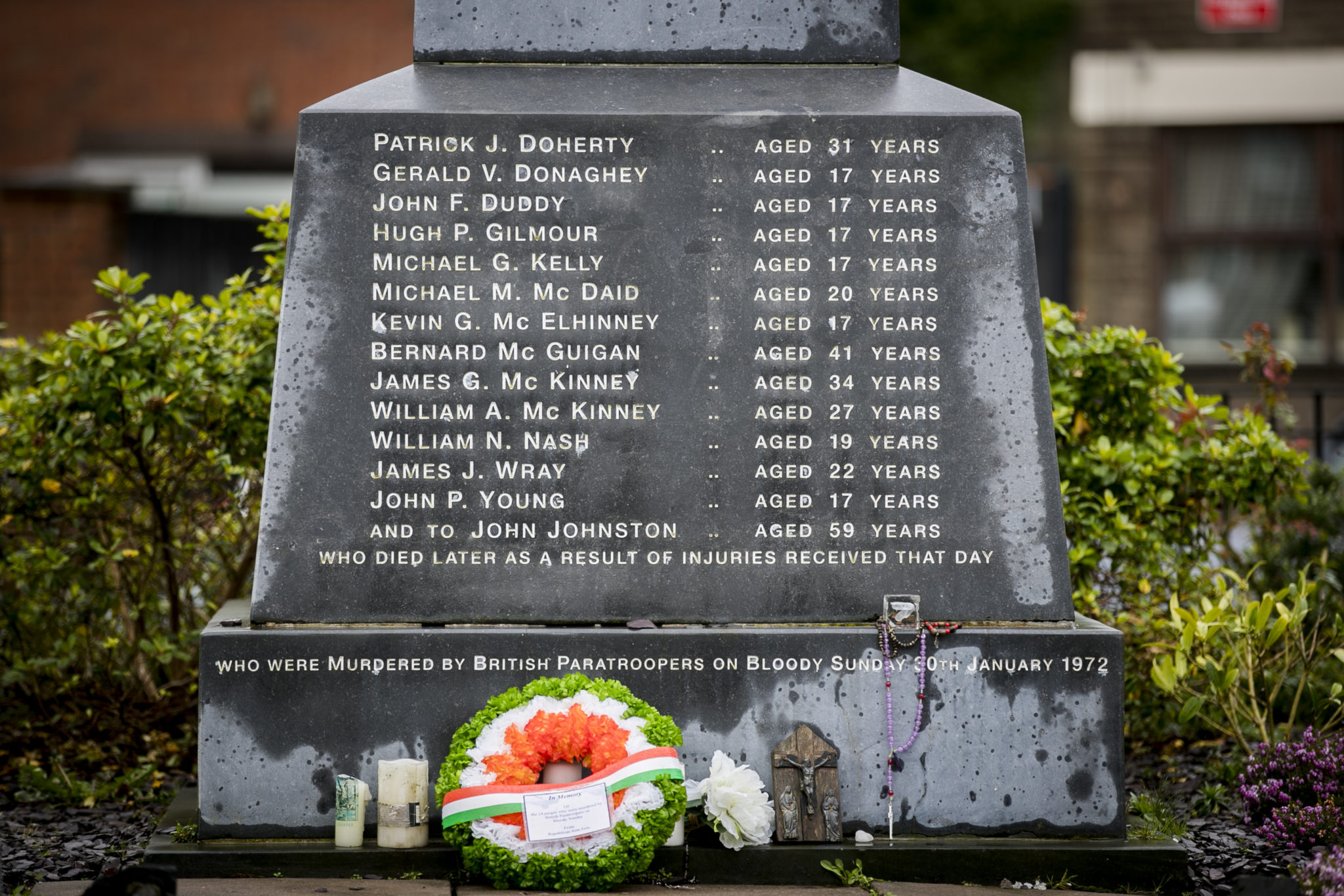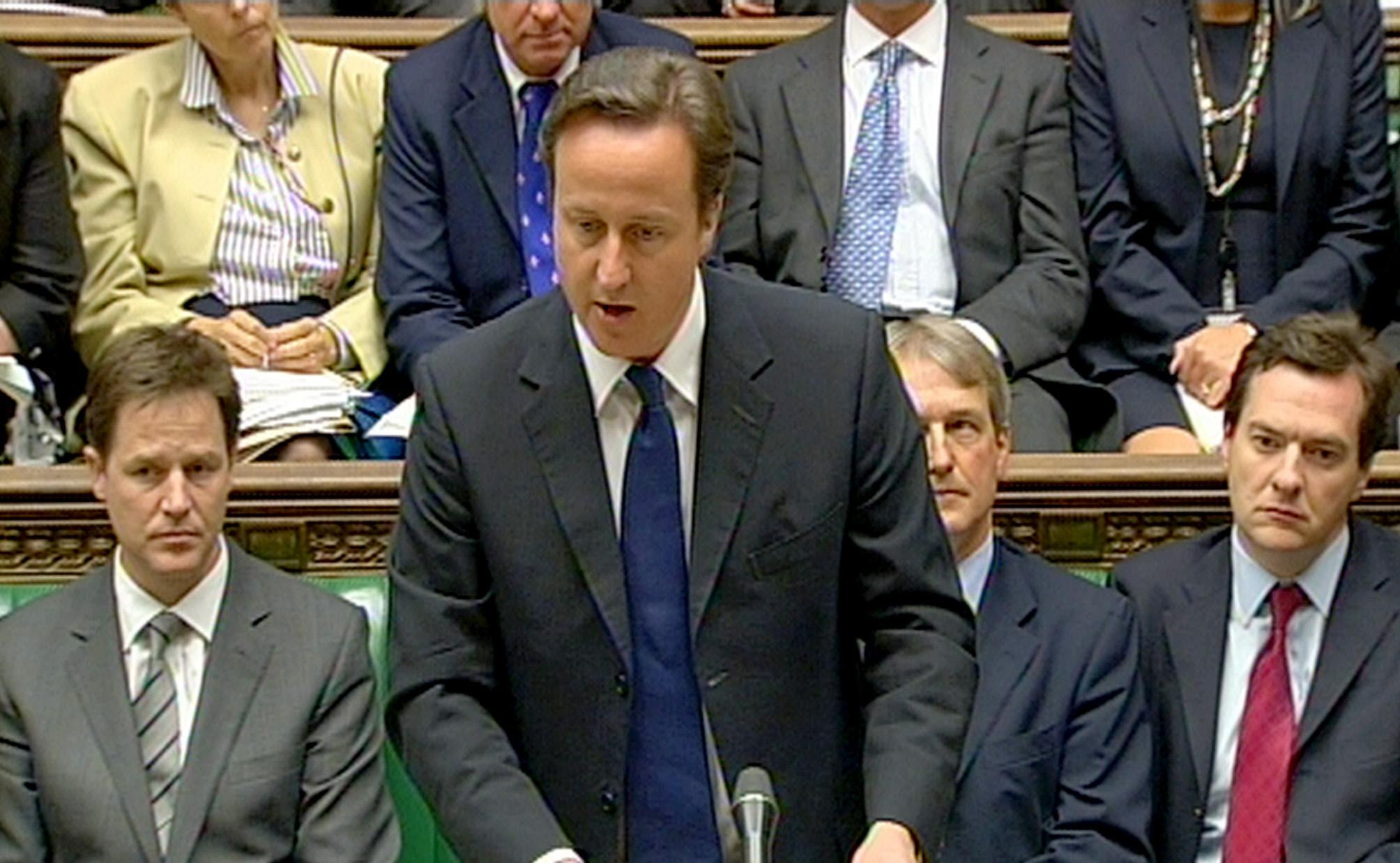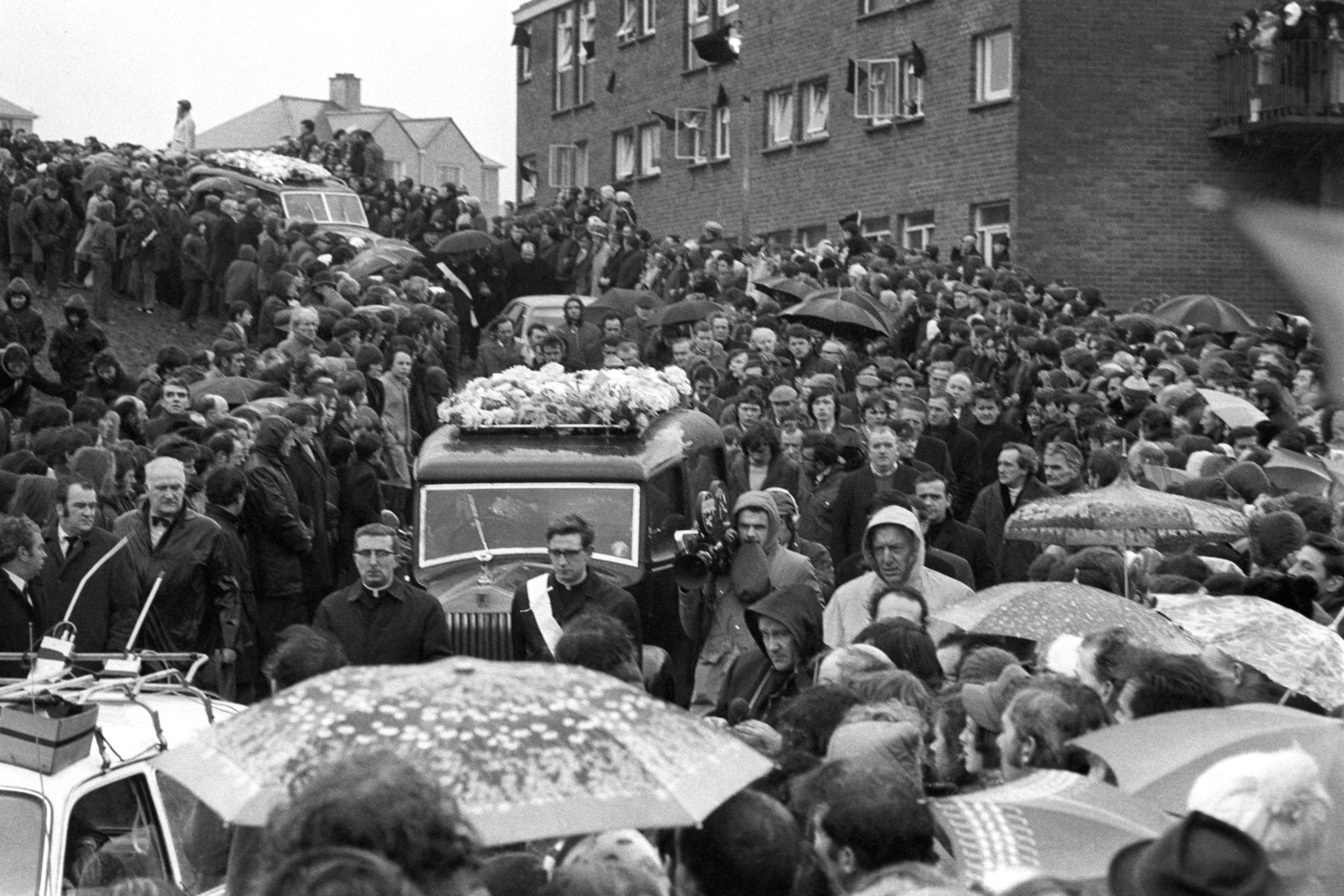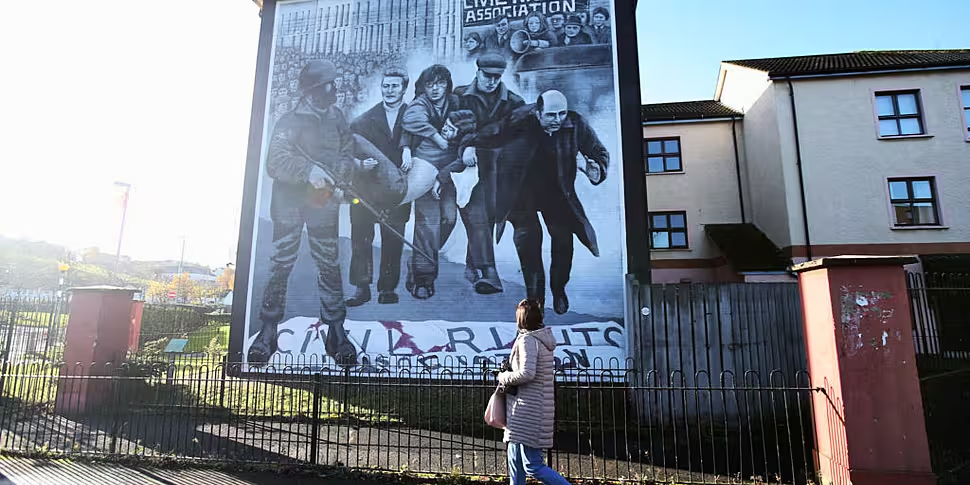The UK Defence Secretary Gavin Williamson has said Britain is “indebted to those soldiers who served with courage and distinction to bring peace to Northern Ireland” after it was announced that one soldier would be prosecuted over the 1972 Bloody Sunday massacre.
Fourteen people were fatally injured after British soldiers opened fire on a crowd following a civil rights march in Derry on January 30th 1972.
A further 15 people were wounded.
Northern Ireland’s Public Prosecution Service (NI PPS) has been examining whether 17 British soldiers and two Official IRA suspects should face charges.
An 18th soldier who was interviewed by police has since died.
The charges under consideration included murder, attempted murder and causing grievous bodily injury with intent to endanger life.
'Insufficient evidence'
On Thursday morning, it was announced that only one former soldier would face prosecution.
The paratrooper - known as Soldier F - will face prosecution for the murders of James Wray and William McKinney and the attempted murder of four others.
The NI PPS found that “the available evidence is insufficient to provide a reasonable prospect of conviction” in relation to the other 18 suspects.
Families of the victims have been reacting to the decision this afternoon.
Debt
Responding to the decision, Mr Williamson said: "We are indebted to those soldiers who served with courage and distinction to bring peace to Northern Ireland.
"The welfare of our former service personnel is of the utmost importance and we will offer full legal and pastoral support to the individual affected by today’s decision.
"This includes funding all his legal costs and providing welfare support.
"The Ministry of Defence is working across government to drive through a new package of safeguards to ensure our armed forces are not unfairly treated.
"And the government will urgently reform the system for dealing with legacy issues. Our serving and former personnel cannot live in constant fear of prosecution."
 The Bloody Sunday Memorial in Derry's Bogside, 06-04-2019. Image: Liam McBurney/PA Wire/PA Images
The Bloody Sunday Memorial in Derry's Bogside, 06-04-2019. Image: Liam McBurney/PA Wire/PA ImagesWhile the Irish Government has said: "Our thoughts are with all the families of those who were killed and those injured on Bloody Sunday, for whom today will be another difficult and emotional day.
"The Department of Foreign Affairs and Trade is keeping in contact with the families at this time on behalf of the Government.
"All victims’ families deserve, and must have access to, effective investigations into killings that took place, and have the opportunity to find justice in accordance with the law and regardless of the perpetrator."
Saville Inquiry
Police in the North opened their investigation into the killings after the 2010 Saville Report found that British troops opened fire on Bloody Sunday without issuing a warning.
The report exonerated all of the victims of any wrongdoing and found that none of the people who were shot by British soldiers were armed.
Following the report, then-UK Prime Minister David Cameron issued a full State apology on behalf of Britain for 'unjustified and unjustifiable' events.
He said the inquiry was "absolutely clear" and there were "no ambiguities" about the conclusions.
The inquiry was the longest-running and most expensive public inquiry in UK history, at an estimated cost £195m (€228.5m).
 UK Prime Minister David Cameron tells MPs in the House of Commons that the Saville Inquiry into the Bloody Sunday killings found the actions of British soldiers were 'both unjustified and unjustifiable,' 15-07-2010. Image: PA/PA Archive/PA Images
UK Prime Minister David Cameron tells MPs in the House of Commons that the Saville Inquiry into the Bloody Sunday killings found the actions of British soldiers were 'both unjustified and unjustifiable,' 15-07-2010. Image: PA/PA Archive/PA Images“Evidential Test”
The Northern Ireland Deputy Director of Public Prosecutions, Michael Agnew, informed victim’s families of the decision at a private meeting this morning.
In a statement, Mr Agnew said an "experienced team of senior prosecutors assisted by Senior Counsel" had found that there was "sufficient available evidence to prosecute one former soldier, Soldier F, for the murder of James Wray and William McKinney and for the attempted murders of Joseph Friel, Michael Quinn, Joe Mahon and Patrick O’Donnell."
“In respect of the other 18 suspects, including 16 former soldiers and two alleged Official IRA members, it has been concluded that the available evidence is insufficient to provide a reasonable prospect of conviction," he said.
“In these circumstances the evidential test for prosecution is not met.”
"Extremely difficult day"
He noted that today "will be another extremely difficult day" for family members of the victims of the massacre and noted that he met with them personally "to explain the prosecution decisions taken and to help them understand the reasons."
"There has been a level of expectation around the prosecution decisions in light of the findings of the Bloody Sunday Inquiry," he said.
"However, much of the material which was available for consideration by the Inquiry is not admissible in criminal proceedings, due to strict rules of evidence that apply.
"I wish to clearly state that where a decision has been reached not to prosecute, that this is in no way diminishes any finding by the Bloody Sunday Inquiry that those killed or injured were not posing a threat to any of the soldiers.
"We recognise the deep disappointment felt by many of those we met with today.
"As prosecutors we are required to be wholly objective in our approach. However, that does not mean that we do not have compassion for all those who are affected by our decisions."
He said the NI PPS had undertaken its statutory responsibility in relation to the case "with absolute integrity and impartiality, without fear or favour.”
The complex investigation files included 668 witness statements, numerous physical exhibits such as photographs, video and audio recordings, and a total of 125,000 pages of material.
Bloody Sunday
Kate Nash's brother, William, was shot dead and her father wounded on Bloody Sunday. Her brother was just 19-years-old.
She said: "I think of my brother every single day. I can still see his smiling face that day when he left home.
"Justice matters to anybody," she said.
"If you have a family member and something like that happens to them... your brother, your poor dead brother is treated like he never existed, that he wasn't worth justice, what every one of us are entitled to."
The British Ministry of Defence has pledged to pay the legal costs of any retired soldiers who might face charges.
 A silent crowd lines both sides of the road as the funeral procession of those who died Bloody Sunday passes, 02-02-1972. Image: PA/PA Archive/PA Images
A silent crowd lines both sides of the road as the funeral procession of those who died Bloody Sunday passes, 02-02-1972. Image: PA/PA Archive/PA ImagesAdditional reporting: Jack Quann









